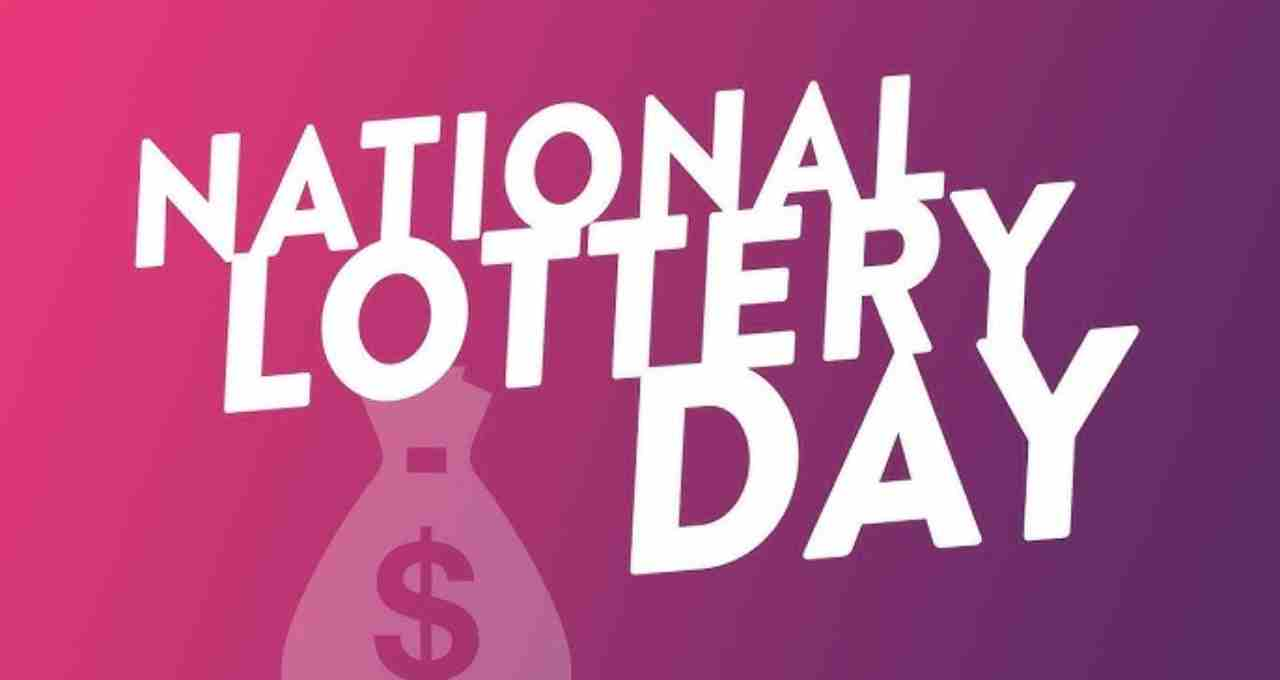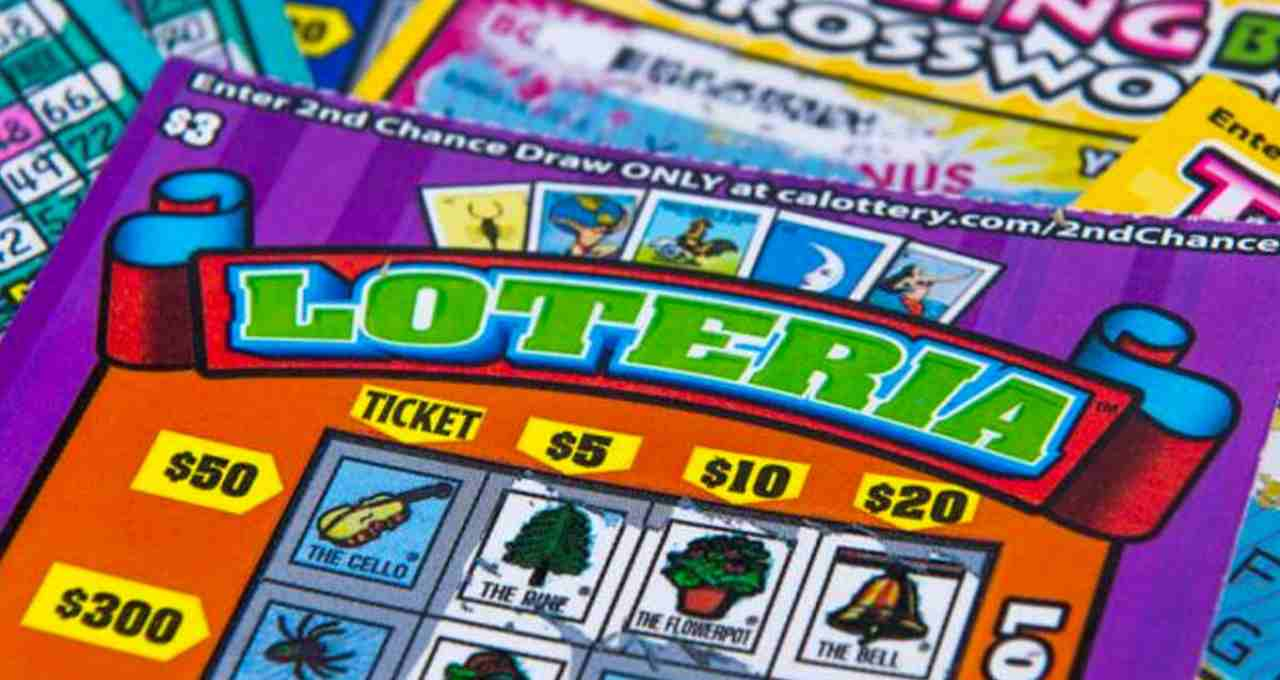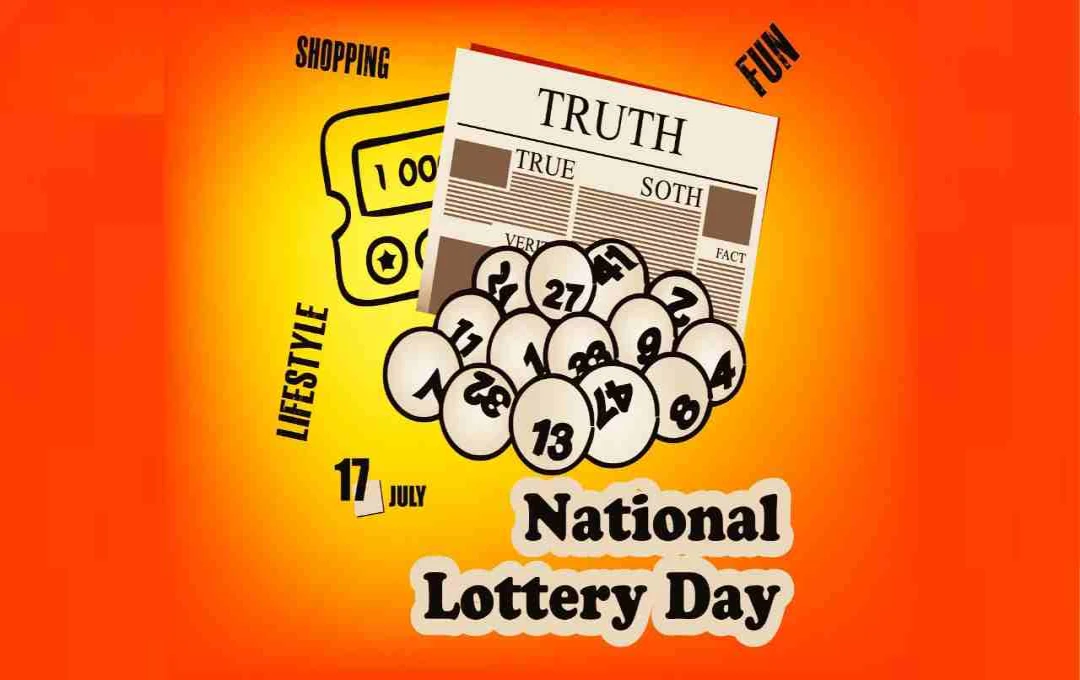If you feel that July 17th brings you some extra luck, there might be a special reason for it. This day is celebrated as National Lottery Day. This day not only highlights the historical role and contribution of lotteries but also instills an enthusiastic feeling of trying one's luck among people.
Today, we also remember how funds obtained from lotteries at the local and state levels contribute to schemes like education, health, infrastructure, and social welfare.
History of National Lottery Day
The history of lotteries is very ancient. It originated in the city of Bruges, Belgium, in the 15th century. Started in 1441, the purpose of this lottery was to provide aid to local poor people, fulfill the needs of villages, and strengthen the security system. According to Manfred Zollinger, who wrote the book "Random Riches," merchants used to invest money to win cash prizes at that time.
Sometimes, a tax form of a wine transporter was given as a prize. With this win, the winner also received trade privileges, such as control over the quality of wine. In this way, this lottery not only provided money but also social and economic prestige.

History of Lotteries in America
In America, the importance of lotteries can be seen from the time of the American Revolution. In that era, funds from lotteries were used to purchase cannons and weapons. Later, roads and public infrastructure were built on the East Coast with lottery money. Today, almost every state in America has its own lottery system, and the funds received from these are used in government programs, education, health, and social schemes of those states.
The Beginning of National Lottery Day
The Massachusetts State Lottery established this day in 2018. The purpose of this day was to provide special offers and promotions for lottery products to consumers, as well as to highlight the positive contributions of lotteries. The Massachusetts State Lottery sold its first ticket in 1972, and since then, it has become an important source of local assistance in the state. Under this initiative, the registrar of the National Day Calendar declared to celebrate it every year on July 17.
Importance of National Lottery Day
- Economic Contribution: A large portion of the income from state and local lotteries is invested in public welfare and social schemes. Lottery funds play an important role in the development of schools, roads, health services, and other infrastructure.
- Entertainment and Luck: Lottery is not just a game or a means of gambling, but it is also a ladder of hope and dreams for many people. In some places, it makes people millionaires with small amounts of money.
- Social Connection: The feeling behind celebrating this day is also that the contribution of lotteries in society and its transparency should be understood. People should be aware of how their participation is contributing to education, health, and social services.
How to Celebrate National Lottery Day?

- Keep an eye on local lottery promotions: Many lottery companies offer special discounts or offers on this day. You can try your luck by participating in such promotions.
- Celebrate the contribution of lotteries: You can learn about the positive actions associated with the lottery in your city or state. You can share information on how these funds are helping in the development of schools, hospitals, or public parks.
- Be active on social media: Share your thoughts or experiences related to the lottery on social media with the hashtags #NationalLotteryDay and #राष्ट्रीयलॉटरीदिवस. This will make more people aware.
- Play cautiously and responsibly: Lottery is definitely a game of luck, but it is necessary that people play it responsibly and avoid greed or addiction.
In India, some state governments also organize state lotteries, such as Kerala, Maharashtra, Punjab, etc. In these states, a large portion of the income from lotteries is spent on public welfare schemes. However, lotteries are also banned in many states of India. Lotteries in India have provided employment to thousands of people and give financial strength to many government schemes.















